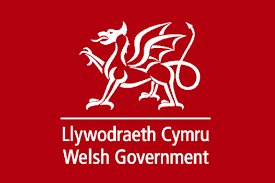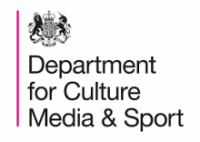Connecting Hull
In November last year, Three and EE announced an agreement with CityFibre to roll-out “dark-fibre??? backhaul connections for mobile masts in the city of Hull. I attended an event last Friday to hear about the progress made in the delivery of the initial phase of this project, the first of its kind in the UK.
Dark fibre is, literally, fibre optic cable that is not lit and is not yet connected to carry traffic. Dark fibre is of great interest to industry as it can, according to CityFibre, give mobile operators greater flexibility in catering for the projected growth in data consumption.
The CityFibre connections will provide an alternative to the existing network system currently relying on microwave transmitters that can no longer cope with the increasing demand in data (Hull had no fibre optic cables typically supplied by BT or Virgin Media).
The long-term benefits of dark fibre and the prospect of getting 4G connections of speeds of 9 to 20 Mbit/s across the city have been enthusiastically welcomed by the local councillors present in the room. The first of Three’s Hull sites will be connected in April and the roll-out will continue in 2016.
The project is the first under CityFibre’s “Well Planned City??? model (giving service providers open access to their fibre infrastructure) and other cities such as York and Edinburgh are due to follow suit.
While the benefits of the project were clear, the event speakers pointed out the need to update the legislation to allow infrastructure providers to provide the network and service that consumers will expect in the future. The current Electronic Communications Code, which regulates the relationship between landowners and communication providers was highlighted as one area that needs particular focus.
The Government has launched a public consultation on reform of this Code and the BSG will stay engaged in the debate.
Samira Gazzane, Policy Manager at the BSG




